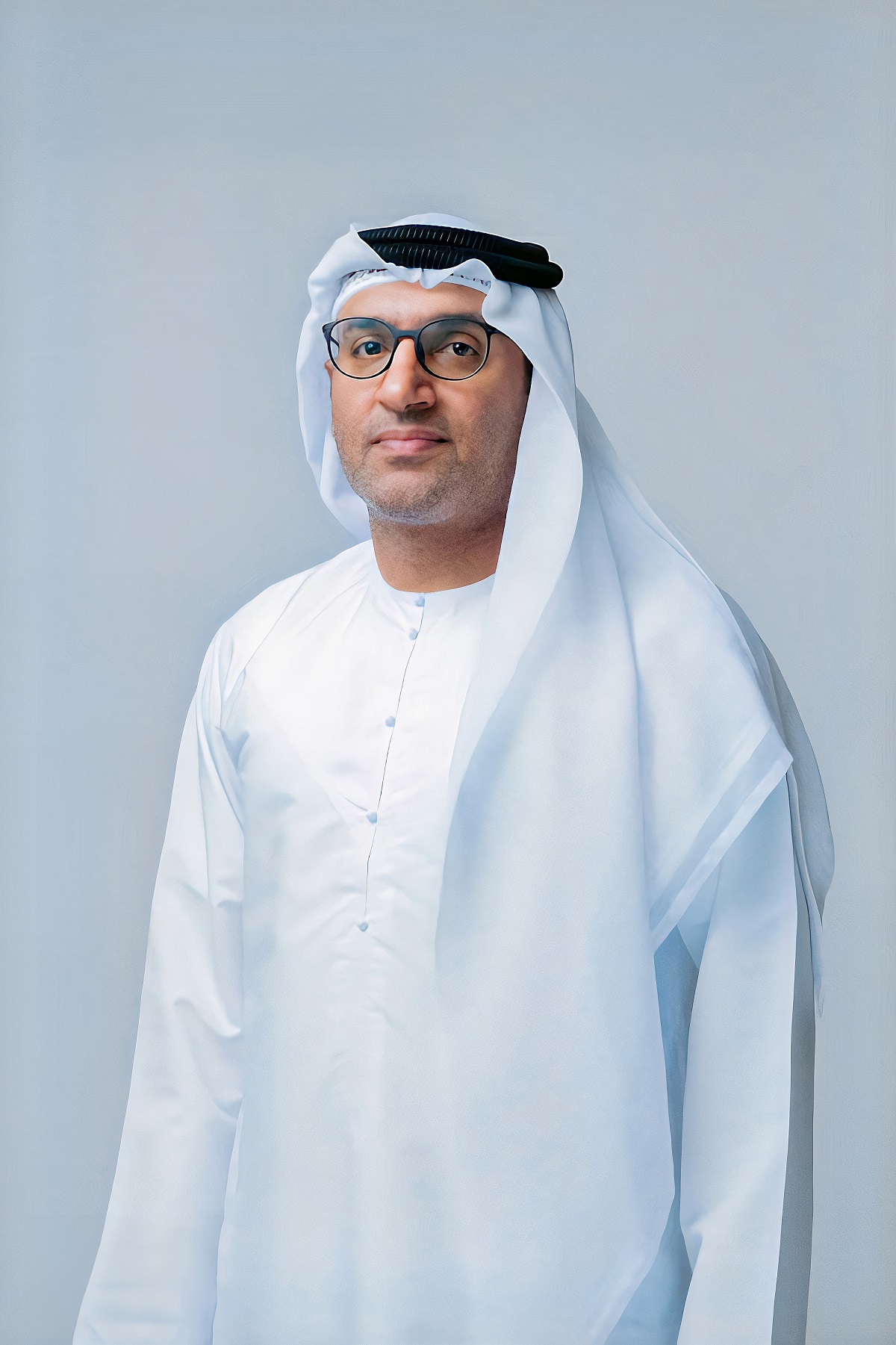
Advancements in 3D Printing Construction and its Contribution to UAE's Net Zero by 2050 Initiative
In recent years, the UAE has emerged as a global leader in adopting innovative technologies to achieve sustainability goals. One of the most promising advancements is in the realm of 3D printing construction, which is revolutionizing the building industry and contributing significantly to the UAE's ambitious Net Zero by 2050 initiative.
- The Promise of 3D Printing Construction:
Traditional construction methods often contribute significantly to greenhouse gas emissions through energy-intensive processes and material waste. In contrast, 3D printing technology in construction offers a more sustainable alternative. By utilizing precise layers of concrete or other materials, 3D printers can create complex structures with minimal waste and energy consumption.
- Environmental Benefits:
The UAE's commitment to achieving net-zero emissions by 2050 aligns with the Paris Agreement's goals. 3D printing construction plays a crucial role in this initiative by reducing construction waste, minimizing transportation of materials and optimizing energy use during the building process. These innovations not only cut down on carbon emissions but also help conserve natural resources.
- Advantages Over Traditional Methods
Unlike traditional construction, which often generates a substantial amount of waste and requires intensive labor, 3D printing construction can significantly reduce material waste and labor costs. Additionally, it allows for the creation of unique and complex designs that would be difficult or impossible to achieve with traditional methods.
- Implementation in the UAE
The UAE has embraced 3D printing construction as part of its strategic initiative to foster innovation and sustainability. Projects such as the 3D-printed office in Dubai and other experimental structures have showcased the potential of this technology in creating futuristic, sustainable buildings.
- Challenges and Future Outlook
While 3D printing construction holds immense promise, there are challenges to overcome, such as scaling up production, ensuring durability, and integrating the technology with existing regulatory frameworks. Continued research and development are essential to further refine the technology and its applications.
In conclusion, 3D printing construction represents a transformative shift towards more sustainable building practices in the UAE and globally. By leveraging this technology, the UAE is not only advancing its sustainability goals but also setting a precedent for other countries to follow. As we continue to innovate and adapt, 3D printing construction will play a pivotal role in shaping the future of sustainable urban development and architecture.



























